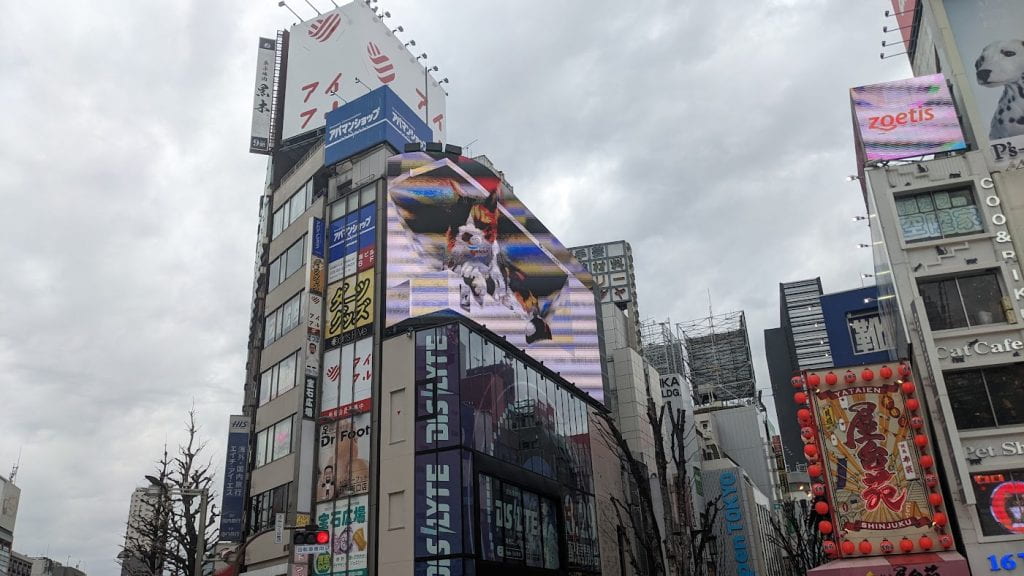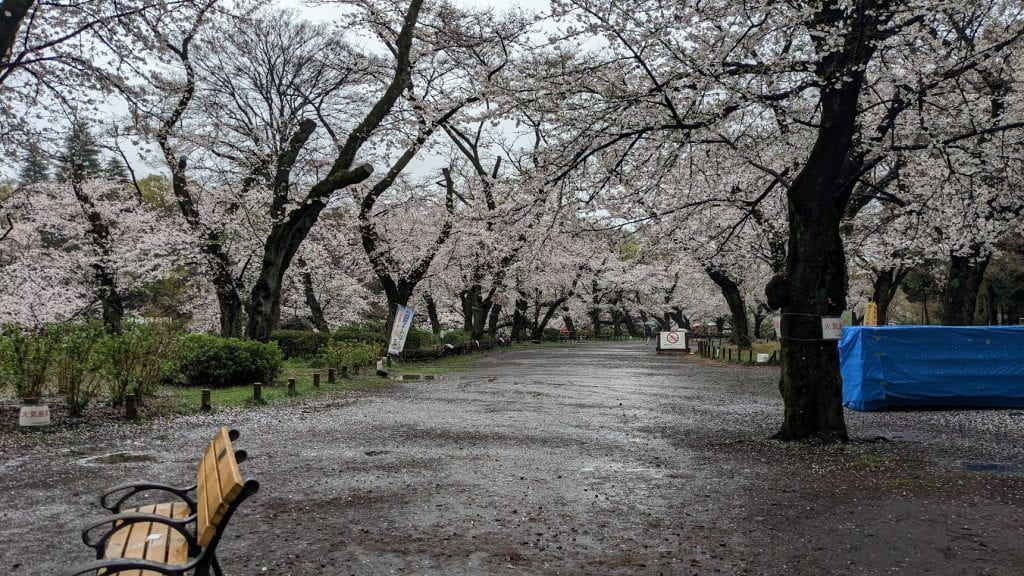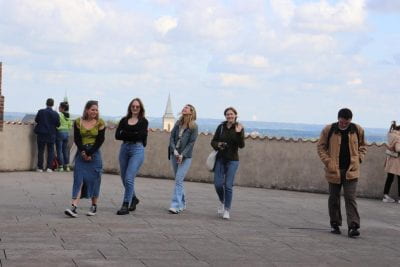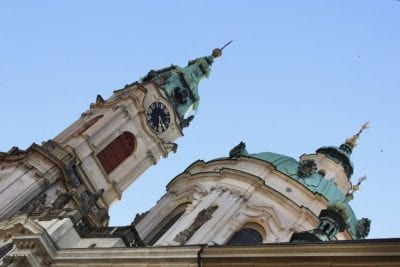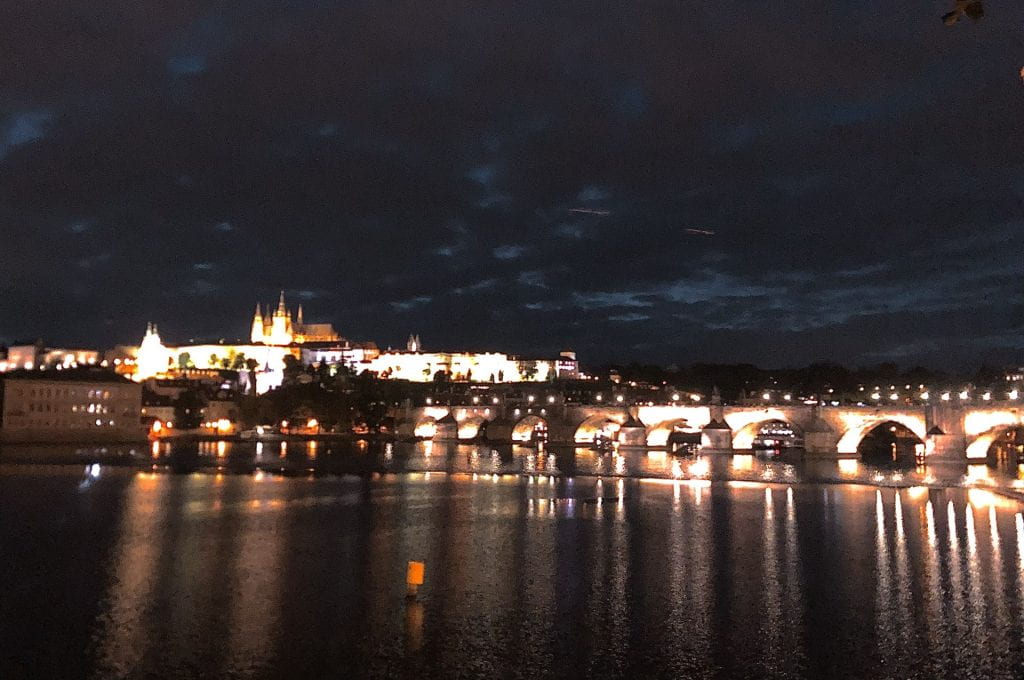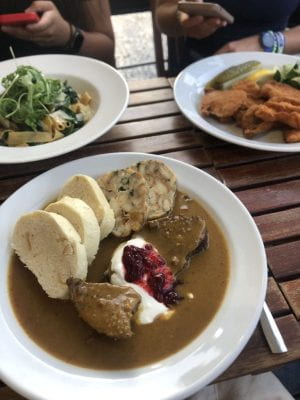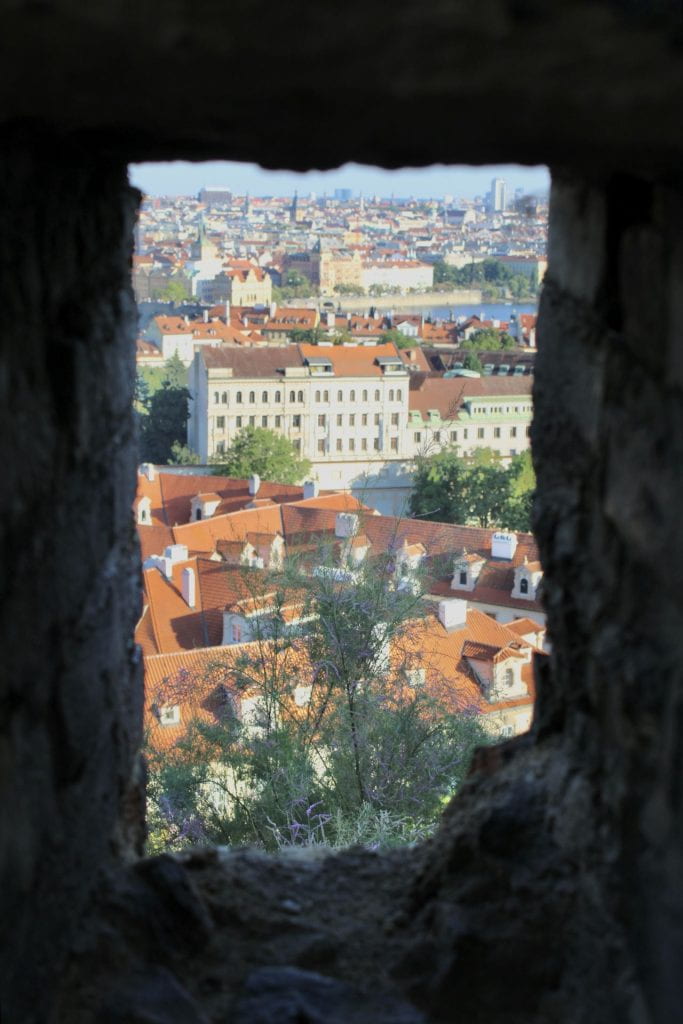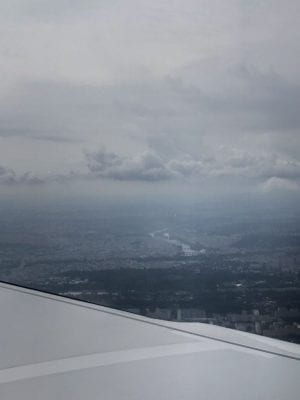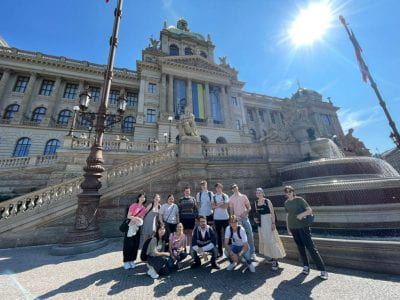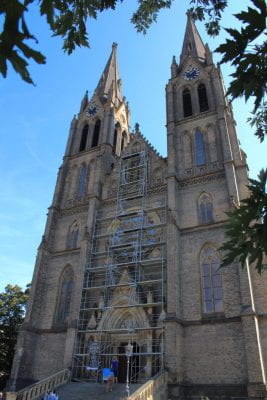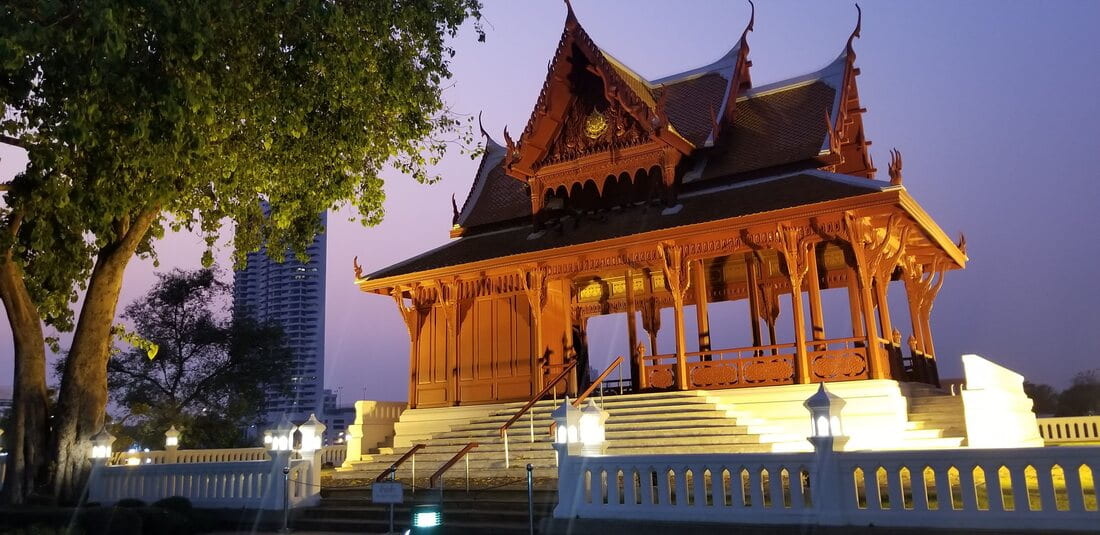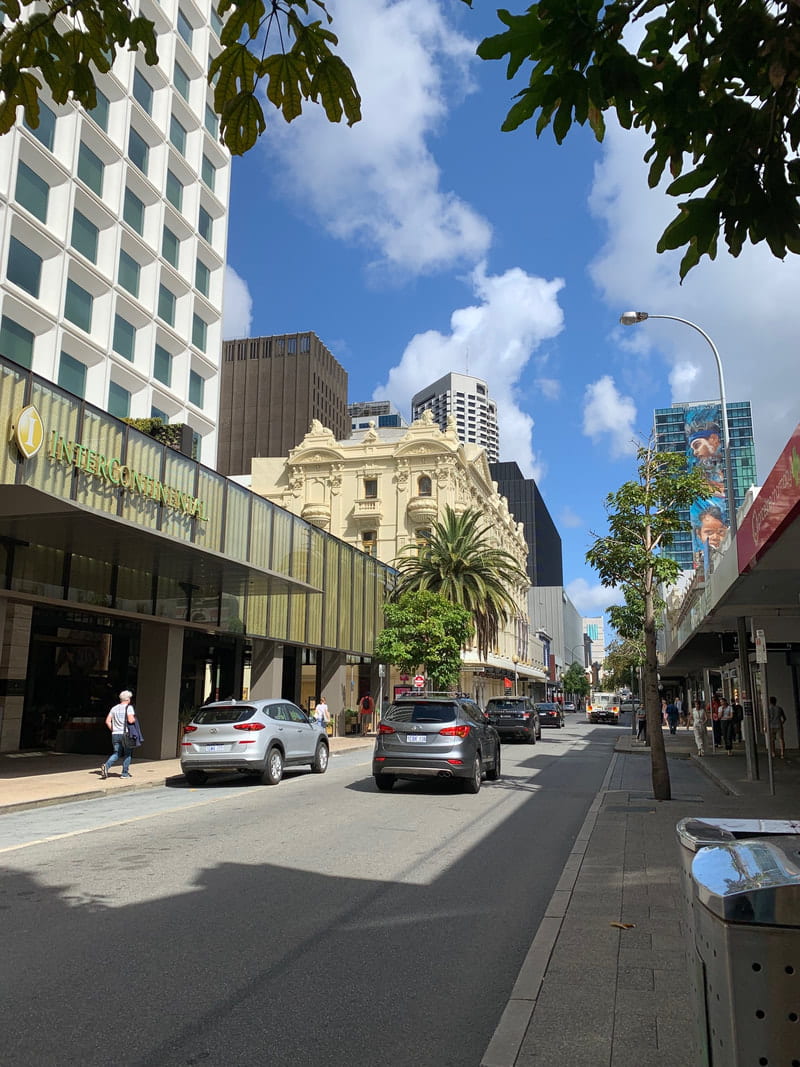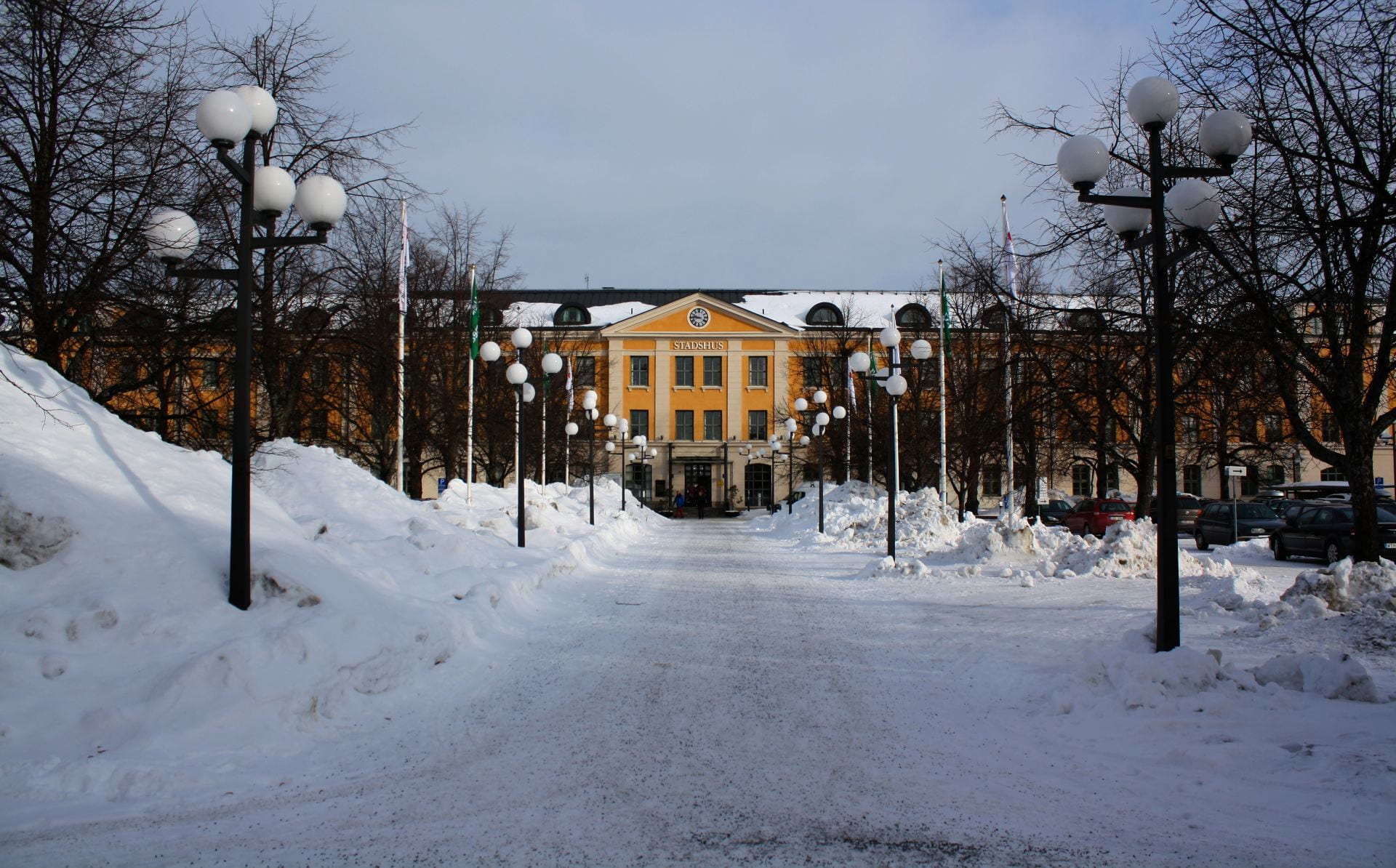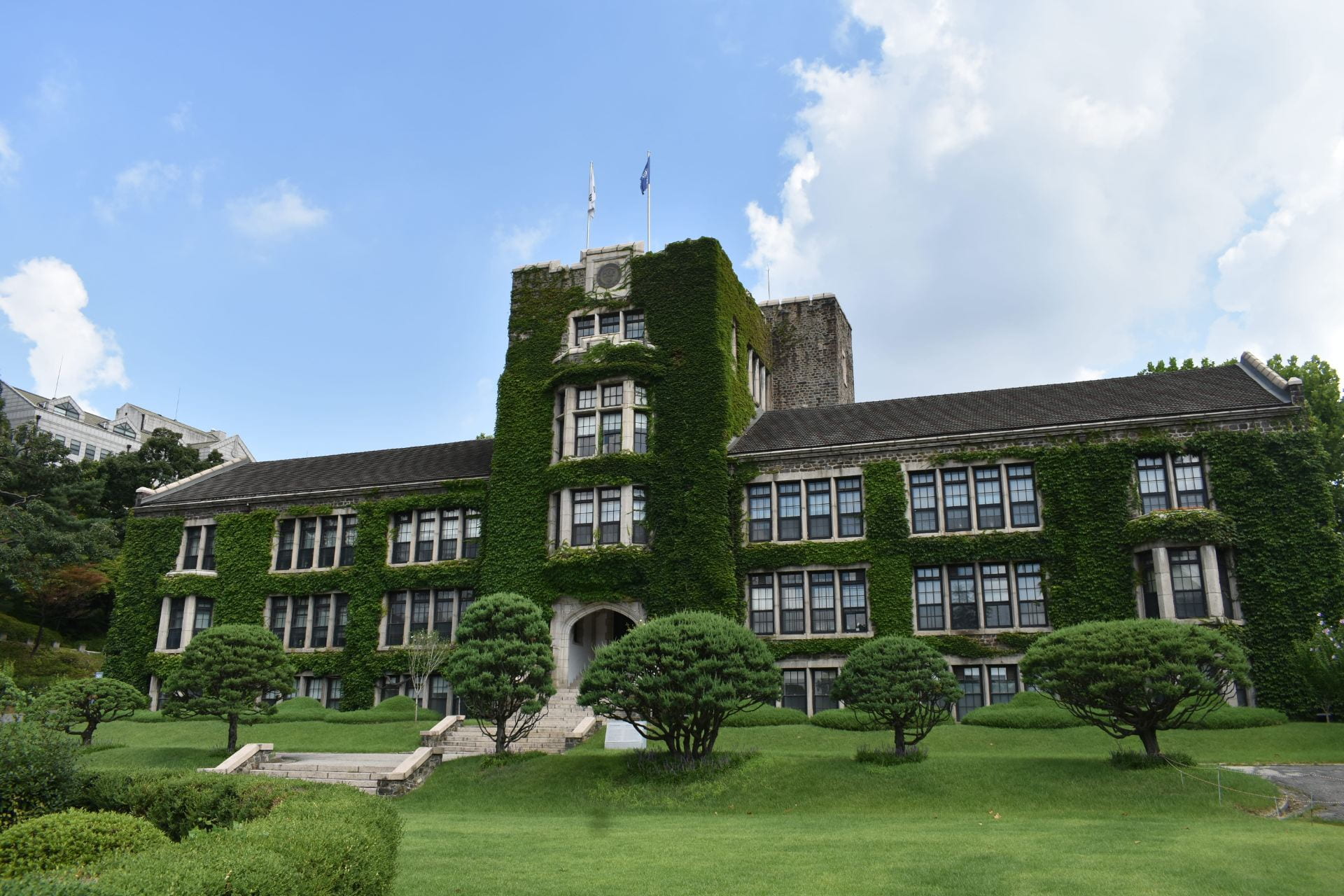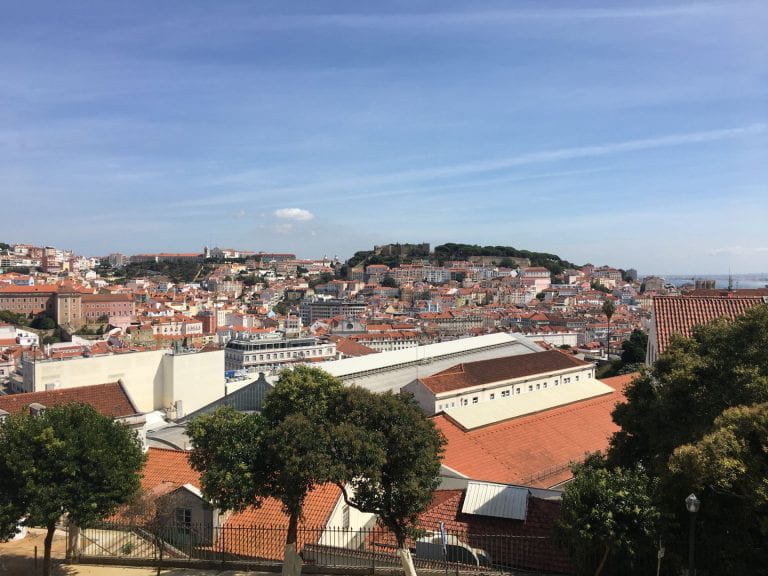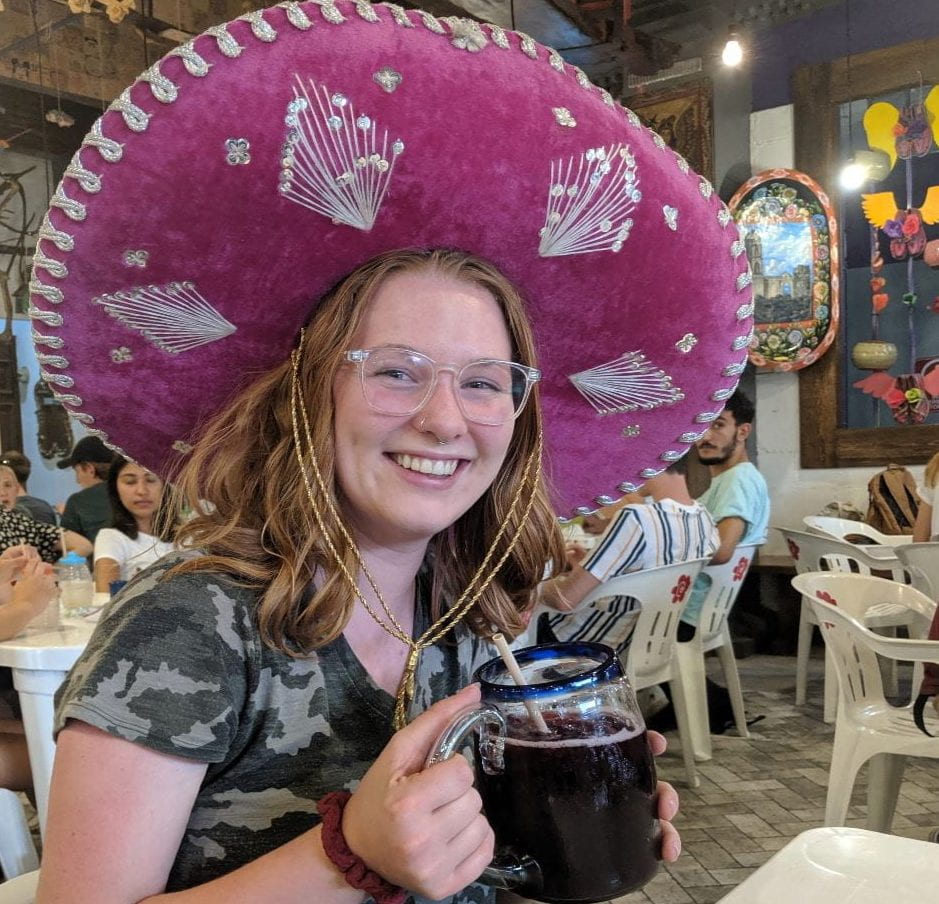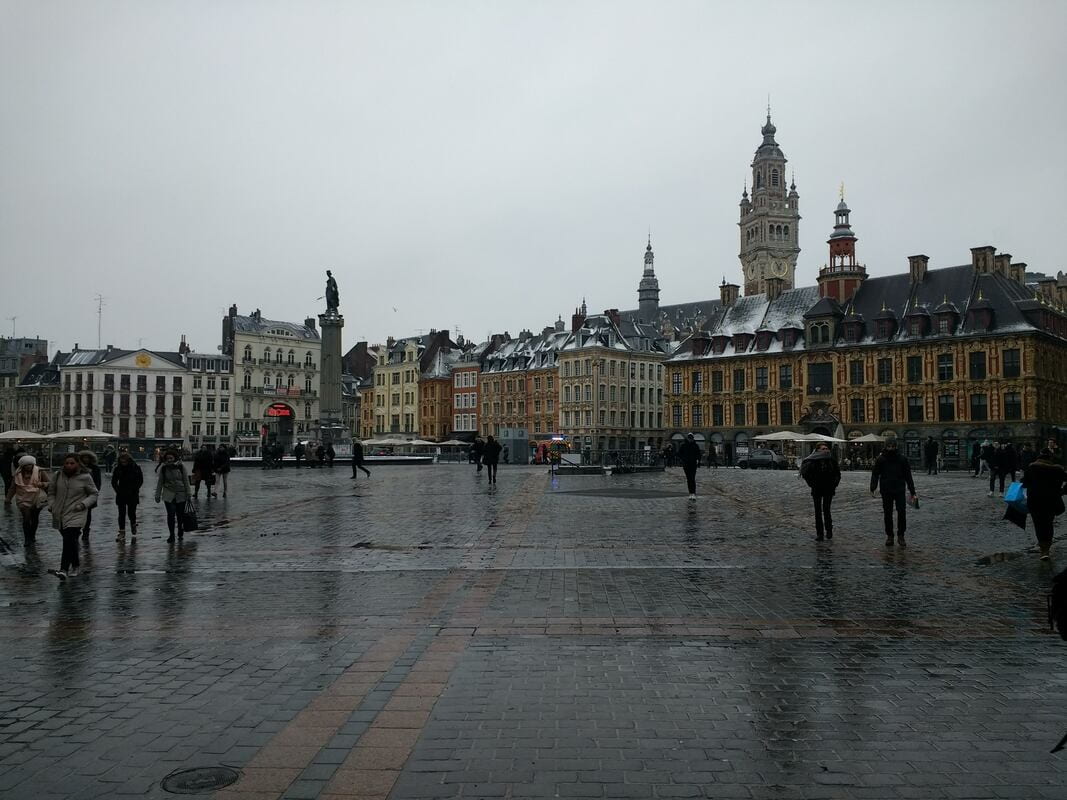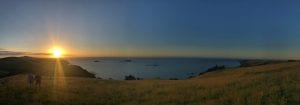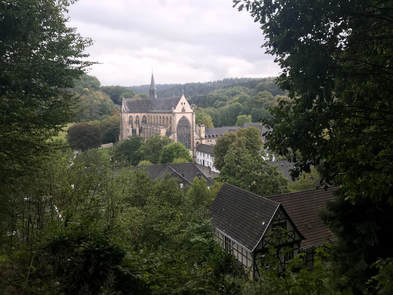What are your favorite things about your host location thus far?
During my preliminary time in my host country, I have enjoyed Barcelona thoroughly; the city has much to offer in ways of socialization, culture, architecture, food, and nature and it makes for a fantastic whole. Foremost, I really like the beaches, and I seriously felt the energy of the Mediterranean atmosphere both in architecture, ambiance, and people while spending time near beach areas.
Read more: Arrival – “Host Country & Cultural Immersion in Barcelona” By Brandon Beyler
I was surprised by how much daytime and late-night activity there was considering it is nearing the end of tourist and the summer season. I also have liked the food; Paella was very interesting, and although It wasn’t my favorite food ever I could see myself liking it with more consumption, but tapas were fantastic and unique and live up to their international recognition and praise. I was also very happy with the sandwiches I have had in Barcelona, not only are they very cheap but they are of great quality and were delicious.
People are very nice here and were patient with my intermediate Spanish skills and lack of knowledge about the city. Also, I have liked my host family, it is a single lady, but she has been very nice, she makes great Spanish food for me and it has been very interesting and educational to chat with her, both learning about Barcelonan life and bettering my Spanish speaking abilities. One thing I really like about the homestay is that it is nice to feel like I’m truly living in Barcelona, like going to the nearby supermarkets, restaurants, and shops and using my Spanish-speaking skills to order and make conversation with locals.
I also really enjoyed the festival, La Merced, I went to in Barcelona. Holidays are serious in Barcelona as evidenced by the screen number of people at the events and in this, I thoroughly appreciated absorbing the sights and sounds of the parade, events, and resulting culture. It was sort of difficult to see the festivities due to the great number of people at the event along with the skinny streets of the old part of Barcelona (Gothic Quarter, where this part of the event was) many of which were closed off making it confusing for yearning onlookers. But upon seeing the parade and part of the human tower event it was surely worth the crowds and directional confusion because I got to see some of the most unique pieces of art and creations that I have ever seen in a procession. Much of the parade was characterized by the often strange looking Barcelonan heads and figures wearing Catalonian attire which was quite new for me along with the human towers were a wonderful and unique display of human ability.
I really enjoyed visiting the clear and warm beaches of Barcelona for the first time because I got to see not only the wonderful nature of Barcelona but how the city beautifully caters to their Mediterranean beach with nice and well-maintained beaches and beach parks. I was also pleasantly surprised by the size of the waves, with my earlier thinking that waves were much smaller in the Mediterranean. Also, in this area, I got a taste of the rich skate culture of Barcelona with many people skating around the beach areas and the skateparks and later I even got to see a youth skateboard competition at one of the inner-city parks.
I also enjoyed many of the bars and clubs that me and friends went to. I liked that they played a variety of Spanish and English music which I quite enjoyed. Just by being on the streets, you can see that the Barcelonan people, especially young people, love their nightlife. Although we see this in the US, Barcelona feels especially inundated with club and bargoers and a general party atmosphere.
Other magnificent sights I had the pleasure of seeing were the views of all of Barcelona and beyond from atop the bunkers in the mountains north of the main city, which puts into perspective the breath of the city and the beauty of its Mediterranean backdrop. Also, I got to see Sagrada Familia which was wonderful in its great size and attention to detail, something that you must see in person to give justice. I am eagerly awaiting its completion, as when I was here one part of the church was in its last phases of construction. While walking through Barcelona I happened to come across Casa Batllo, and I found that to be almost be something out of a fantasy movie, although characteristic of much of Catalonian, Barcelonan, and Spanish art and culture.
Tell us about the university, academic experience, the classes, student life, and clubs or activities you are involved with? How are the locals, are there any differences or similarities that have surprised you based on your expectations?
My host university is in the middle of the city, and this is a bit different from universities in the United States that are often found outside of the city, but I like it because of its integration with the wonderful city of Barcelona. The campus itself has cool architecture and features that make for a nice Barcelonan but modern aesthetic. It is located close to good restaurants (where you can get 2 great sandwiches for 11 euros), parks and beaches which is nice and seems to be well suited for university students. The university in general is relatively similar to that of a city college in the US, with helpful resources and staff, a good library and tech center, and classrooms of many sizes. As for the classes themselves, they are also relatively similar to those in the US, with frequent reading and some assignments, and it helps that most of the classes I am taking are delivered in English. As for the content of the courses they typically cover topics that relate more to Spain and include many EU/international perspectives, which has been a nice change for me academically and personally as my academic field deals with the differences that come from place and location and it generally makes me more considerate of other countries ideas. The teachers seem to be enthusiastic and their work and seem very happy to teach their courses and are able to teach with ease considering English is most of their second language. My Spanish language class has felt much different from Spanish language classes in the US; it feels like much more emphasis is put on learning the cultural and practical side of language, which makes sense because we are in Spain! My classes have had mostly English students but also some Indonesian students and even a Canadian! It is also interesting to see how the local students who go to my university act, communicate, and dress. I and other English students have found that they tend to dress nicer than students in the US. They all seem to travel in groups throughout the university and there is lots of congregation and socialization near the café areas in and around the university, whereas in the US people go to dorms and houses more often, though this follows the general trend of people in Spain mostly spending time with each other outside of the home.
Another thing that was very fun was playing soccer or fútbol through my study abroad provider. Even though I was mostly only playing with other American study abroad students it was still very fun and interesting to play soccer in Barcelona and to be surrounded by the feverous atmosphere of Spanish fútbol.
Did you experience culture shock when you arrived in your host country? How did your expectations about your experience compare with the reality of your day to day life? Is there anything you wish you would have done or researched more to better prepare you for your experience?
Fortunately, I did not get culture shock. The biggest shock has been the difference in grocery store food from that of the US. I love granola, and snack bars, and both of these are found in Barcelona with much lower variety, along with having a lower variety of gum and candy. I have found that Barcelona has a huge variety of tasty cookies and crackers, which has partially sufficed the lack of bars and granola. Another thing that was interesting was that I would have thought that the doctor would be relatively different from that of the US but from my experience so far, they are pretty similar, which for me is not a bad thing, I got great care. Though the medicine I received was significantly cheaper than that of the US. I was also pleasantly surprised by how cheap food and bottled water is here, but I also understand that water and electricity are very expensive in Barcelona so this may be a necessity.
One thing I didn’t necessarily anticipate is how loud Barcelona is at night, sometimes it makes it hard to sleep in the middle of the night, but I guess I can’t live in a lively party city like Barcelona and expect tranquil nights. The only thing I wish I had prepared more for was understanding public transport a little better. Sometimes I had trouble figuring out how to take to bus or find metro stops but with a little trial and error, I have been able to find my way around and understand the public transport system in Barcelona, including the metro, tram, trains, and busses, finding all to be effective and convenient!


